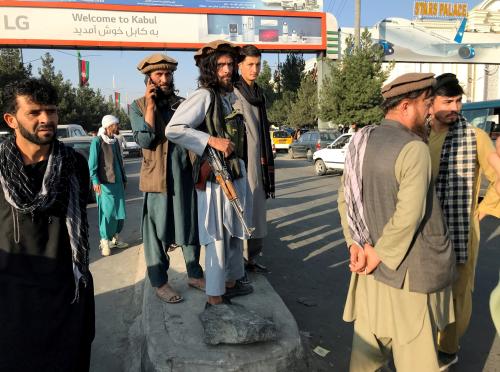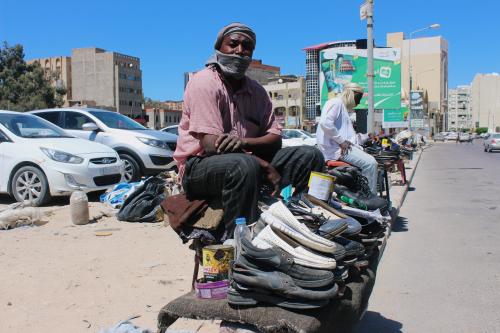Mr. Chairman, Excellencies, Ladies and Gentlemen,
First let me express my appreciation to the International Organization for Migration for inviting me to the Colloquium and for focusing our attention on this important issue of the political rights of persons displaced by conflict. All too often in the human rights and humanitarian community when we talk about conflict we focus only on emergency humanitarian needs. We fail to recognize that protection goes beyond ensuring the survival and physical security of displaced persons.
There are an estimated 24 million persons internally displaced by conflict in the world today and millions more displaced by natural disasters and development projects. Each of these displaced persons is entitled to the protection of all relevant guarantees provided by international human rights and humanitarian law. Whether in emergency or protracted conflict situations, protection encompasses the full range of economic, social and cultural as well as civil and political rights. Among these rights is the right to participate in the political affairs of a country, the right to vote, the right to freedom of assembly and association, and to freedom of expression. Protecting these rights allows displaced persons to play an active role in shaping their own future and that of their nation. Rather than a luxury in conflict or post-conflict situations, political participation can effectively contribute to peace, recovery and to long-term development. Thus, taking political rights seriously, including the right to vote and take part in elections and referenda is highly relevant to societies trying to emerge from conflict and build a more stable and prosperous future. At the same time, the right of internally displaced persons (IDPs) to vote may be jeopardized for the simple reason that in most countries one has to cast the ballot at one’s place of residence or origin, i.e. a place IDPs by definition cannot go to as long as they are displaced.
The right to vote is a human right. The human rights and humanitarian law applicable to the internally displaced is set forth in the Guiding Principles on Internal Displacement. Presented to the Commission on Human Rights in 1998, the Principles apply to persons displaced by conflict, as well as generalized violence, violations of human rights, and natural or human-made disasters. They address all phases of displacement and encompass all categories of rights, including the rights to security, to food and to shelter, as well as the rights to life, freedom of movement and freedom of expression. The Guiding Principles are not a binding legal document. However, they have been recognized as authoritative at the international, regional and national levels. In September 2005, the Heads of State who gathered in New York for the UN Summit unanimously recognized the Guiding Principles as an important international framework for the protection of internally displaced persons.


Commentary
Keynote Address: Political Rights of Persons Displaced by Conflict
June 13, 2006